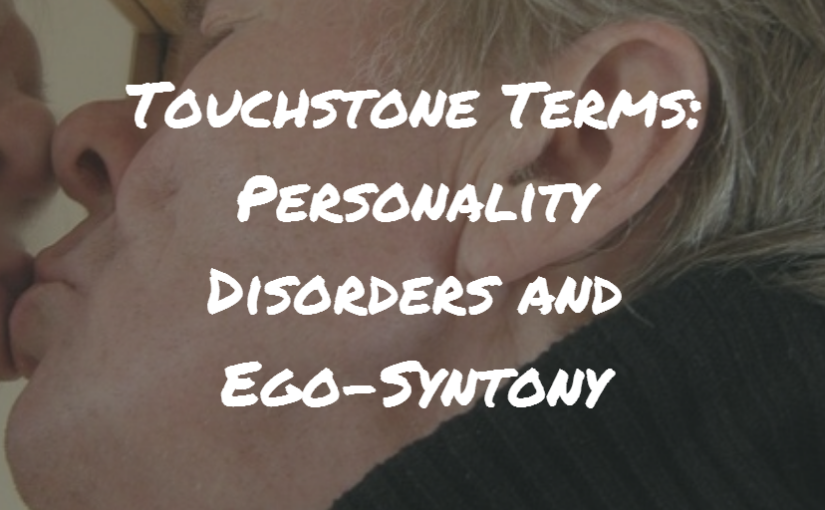Tag: Jonathan Haidt
-

Touchstone Terms: Personality Disorders and Ego-Syntony
I find the distinction between psychological disorders and personality disorders fascinating. Consider obsession and compulsion. Someone suffering from the anxiety disorder OCD will often engage in ritualistic actions: locking and unlocking a door a set number of times, carefully arranging furniture, repetitive washing, or hoarding. A person with the personality disorder OCPD may do some…
-
In-Groups Defend Their Turf? Philosophy versus Psychology in the New York Times
A showdown of sorts with Jonathan Haidt is brewing on The Stone. Michael P. Lynch gives us “A Vote for Reason.” The judgment that reasons play no role in judgment is itself a judgment. And Haidt has defended it with reasons. So if those reasons convince me that his theory is true, then reasons can play a…
-
Jonathan Haidt’s Conflation of the Personal and the Partisan
There’s been a conflict running through Jonathan Haidt’s work that it’s time for him to address. On the one hand, he asserts that there are characteristic moral intuitions that distinguish partisan liberals from partisan conservatives. He recently argued that these moral intuitions are demonstrated by the fact that the vast majority of social psychologists identify…
-
More on Contempt
A friend suggests that my recent arguments against the moral status of contempt ignored an important role it plays in policing our moral community. The concern is that if we cannot feel (and expect others to feel) contempt for someone like Bernie Madoff, then we will lose the morally instructive value of punishment. If we…
-
Bridging The Will-Be/Ought Gap
So I’ve been writing the last few days on a number of only tenuously related themes: cruelty and torture, probability and prediction markets, testability, middle-range theories, and moral realism. Today I’m going to try to draw these themes together and point to a couple avenues for further discussion. Obviously, it’s important to me that our normative…